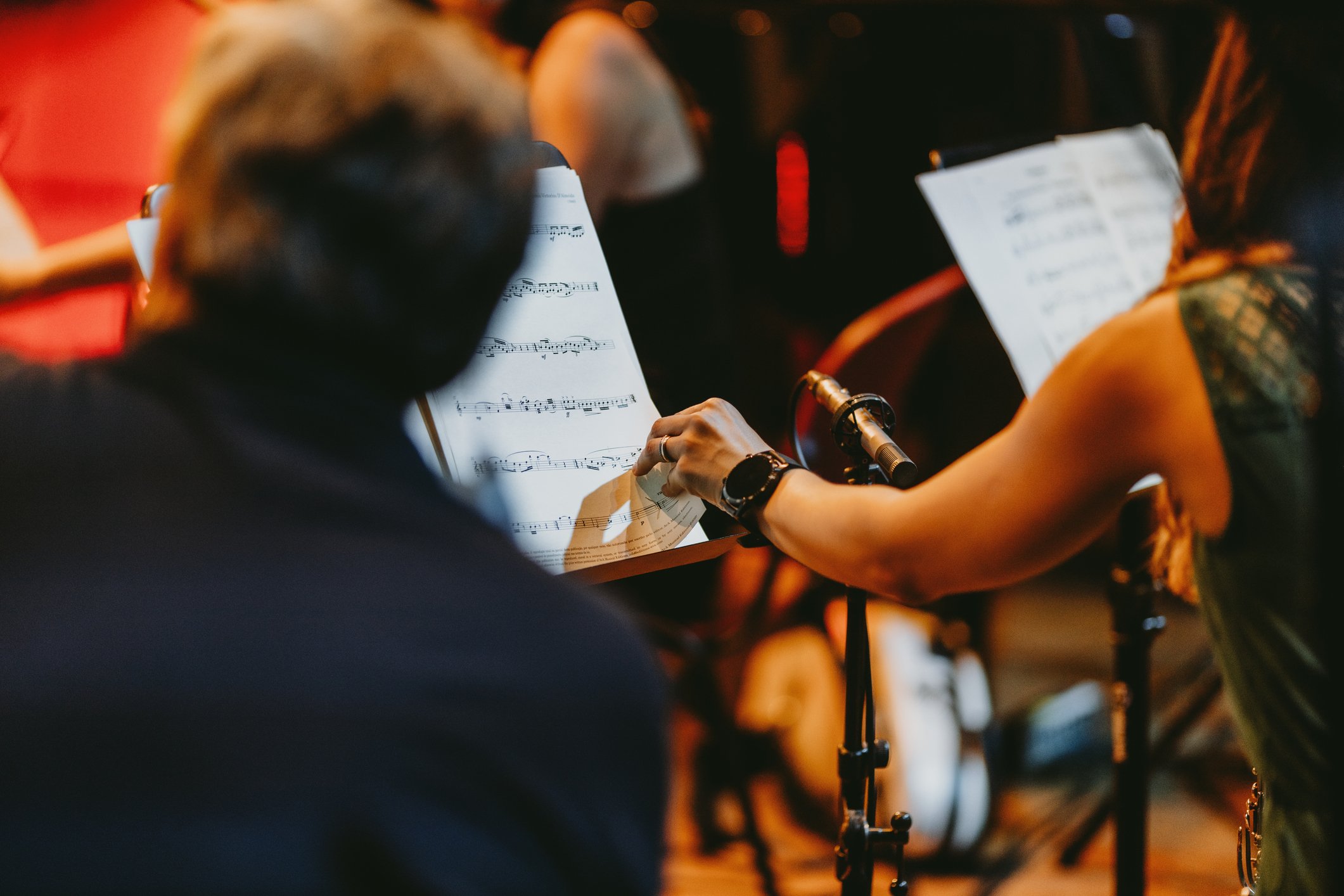
Trumpeter Rebecca Towell said there is a misconception that the classical music industry is "jolly” and that “bad things don't happen”
Photo: Paulo Sousa via iStock
Toolkit to tackle ‘prevalent’ sexual harassment in orchestras
The guidance for orchestra managers includes a checklist offering advice on different settings, including in social situations and on tour.
A new guide to help orchestra managers and HR leaders prevent and better deal with workplace sexual harassment has been published by the Independent Society of Musicians (ISM) and the Equality and Human Rights Commission (EHRC).
The toolkit follows a 2022 report by ISM, which showed that 66% of musicians surveyed had experienced discrimination, with over half of those incidents identified as sexual harassment. While 77% of musicians said they did not report discrimination, this rose to 88% for the self-employed, with 94% saying there was no one to report harassment to.
Published today (29 August), the guide outlines the law on sexual harassment and aims to provide clear advice on steps orchestras should take to deter it. It includes a checklist managers can consult in different settings, including recruitment and booking, before and after sessions, and on tour, which is identified as “a particular time for vulnerability”.
READ MORE:
- Government ‘falling short’ on action to protect women in music
- MPs urge action to tackle ’endemic’ misogyny in music industry
The guidance includes making all musicians aware that if sexual harassment occurs after a session, at a social event, on social media or through other forms of communication, both the perpetrator and the orchestra might still be legally responsible and that incidents will be taken seriously.
It also provides a plan outlining the actions orchestras need to take, including implementing reporting mechanisms and monitoring logs to track how these items are being used.
Speaking to the Today programme on BBC Radio 4, trumpeter Rebecca Toal said there is often a misconception about the classical music industry that “everything must be kind of jolly” and that “bad things don't happen”.
“But actually, there's a darker side to the industry because of the work being so precarious, and the industry is not really in a good shape at the moment. It just creates this culture of silence that people can't speak out and that people do end up getting away with things that they absolutely shouldn't."
She explained that the work's often freelance nature combined with entrenched hierarchies, gender imbalances in certain specialisms, and the need to constantly impress those higher up within power structures – including teachers, conductors and fixers – can put musicians in vulnerable situations.
“You can get not asked back for not socialising the right way, for not going to the pub after a rehearsal or a concert, or for not getting the teas in during the lunch break,” said Toal. “So when it comes to something like reporting sexual harassment, it feels like you're making a big fuss, and that's going to really negatively impact your chances of getting asked back."
She continued: “In my entire career, I've only been made aware of one workplace [that had a process] to report something. So to have these reporting mechanisms visible and in place gives you a sense of support that has been lacking up until now.”
John Kirkpatrick, CEO of EHRC, said he hopes the guide will lead to reporting mechanisms being made “visible and available to the people who need them, to the people who actually have something to report”.
“It needs to be clear that there is no kind of adverse consequences coming from that,” he said, adding that EHRC has also consulted on guidance relating to the new legal duty for employers to anticipate and take steps to actively prevent sexual harassment at work.
Misogyny in music
Although aimed at orchestras, ISM and EHRC say much of the advice included is relevant to the wider music industry and encourages managers from across the sector to engage with it.
The guidance follows criticisms of the government for not doing enough to improve protections from harassment and discrimination for women working in the music industry after a series of legislation recommendations made by the Women and Equalities Select Committee in its Misogyny in Music inquiry were ignored by ministers.
"Our research has revealed that the music sector is riven with sexual harassment, which has ruined the lives and destroyed the careers of far too many musicians," said Deborah Annetts, Chief Executive of ISM.
"A culture of fear has prevented victims from speaking up and allowed perpetrators to act with impunity.
"We believe the toolkit sends an important signal that sexual harassment is unacceptable and has no place in music. It will help orchestras of all shapes and sizes to protect their musicians and handle incidents more effectively, and we hope that many will find it an invaluable resource."
Join the Discussion
You must be logged in to post a comment.